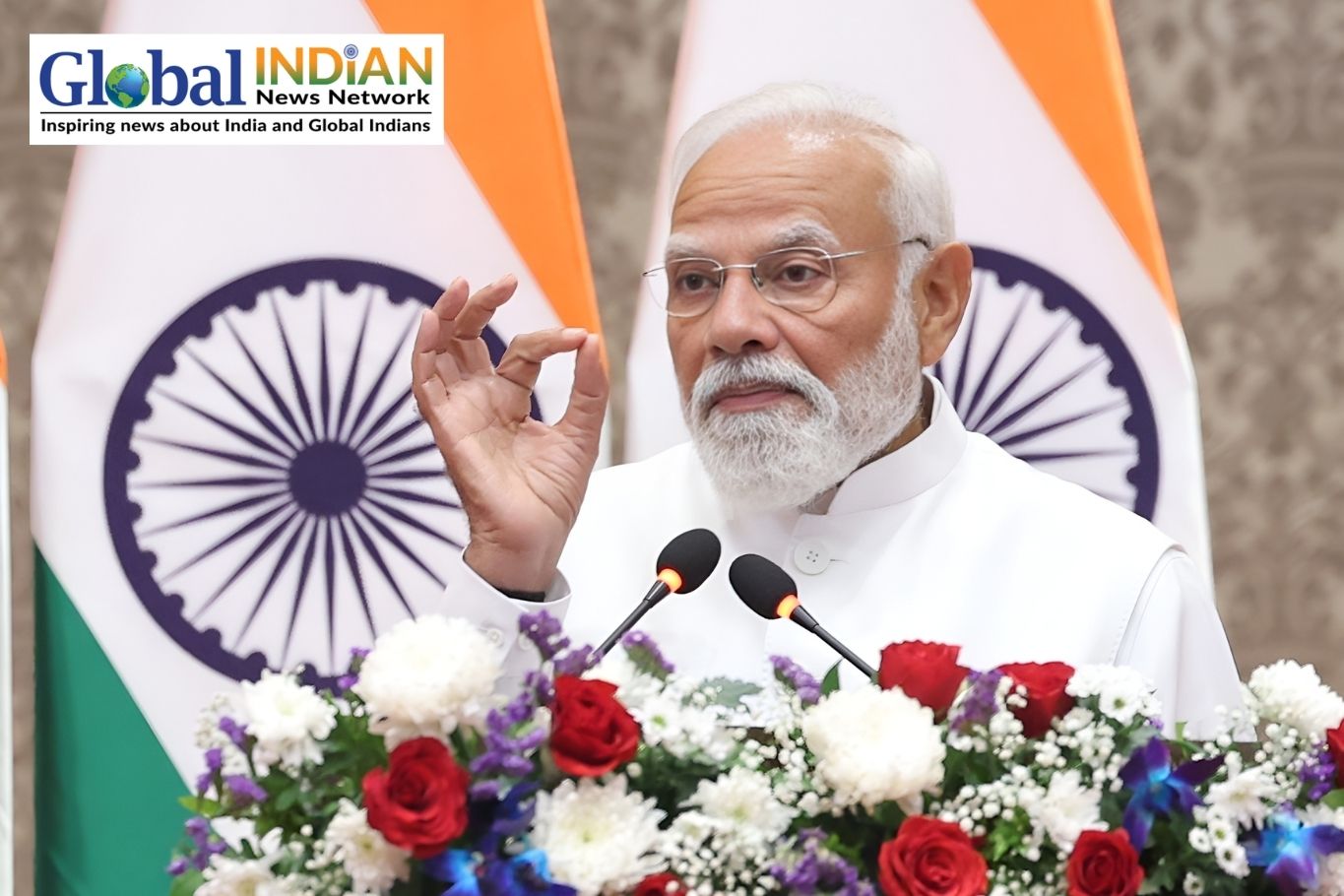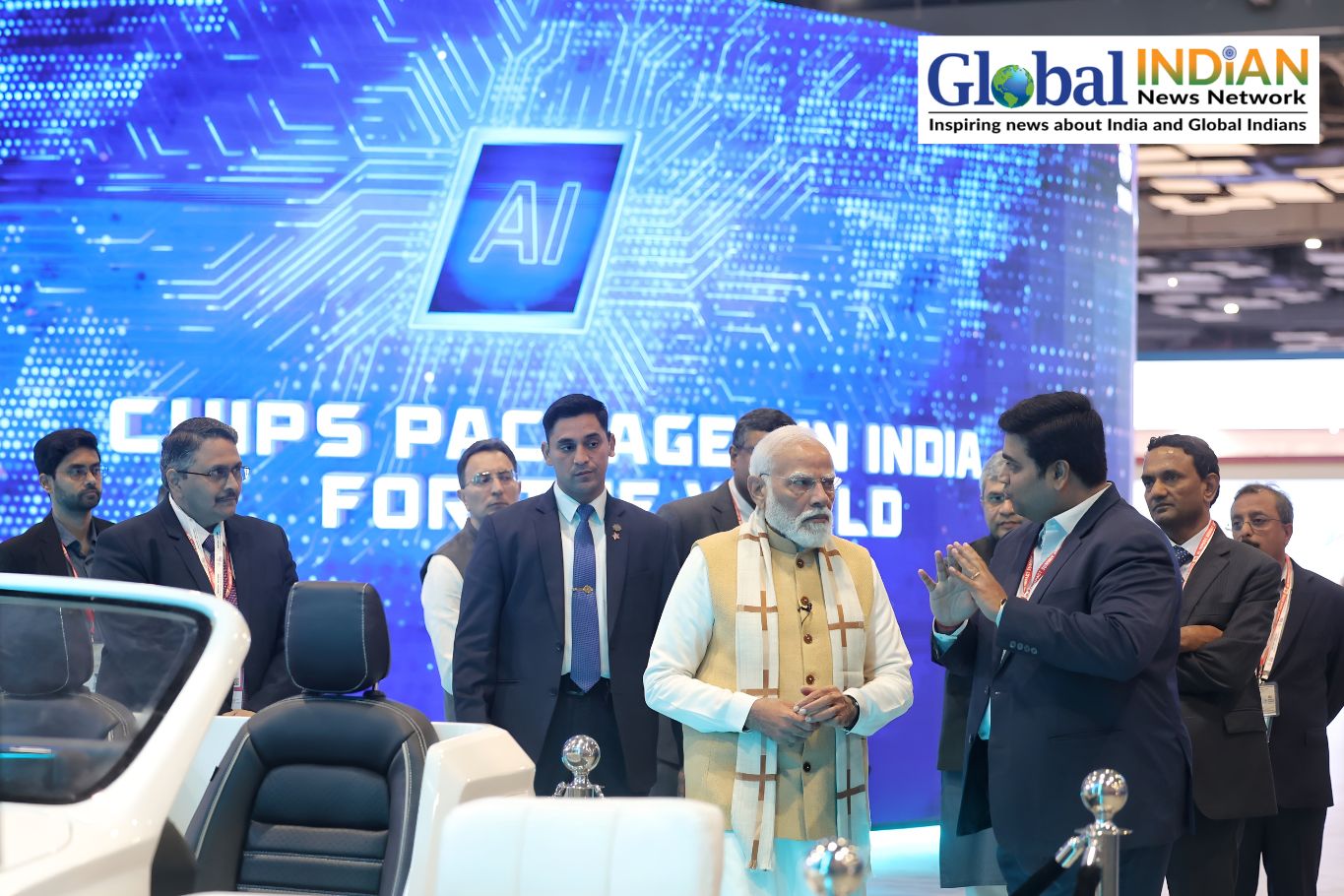
India is rapidly emerging as the leader in artificial intelligence (AI) adoption in South Asia, backed by a highly skilled workforce of 1.25 million AI professionals, according to a report released on Thursday.
The report, published by the Boston Consulting Group (BCG), highlights that AI is no longer just an emerging technology but has become a transformative force, significantly impacting key sectors such as healthcare and agriculture. The findings suggest that India’s increasing focus on AI-driven solutions is set to revolutionize these industries by addressing existing challenges and enhancing efficiency.
AI’s Growing Role in Healthcare
The healthcare sector in India is experiencing a paradigm shift with the integration of AI-based solutions. AI has the potential to bridge gaps in medical accessibility and affordability, a crucial factor for a country facing a shortage of healthcare professionals.
Currently, India has a doctor-to-patient ratio of 1:900, making it difficult for millions to receive timely medical attention. Additionally, 66% of deaths in India are attributed to non-communicable diseases (NCDs), which require timely diagnosis and treatment.
AI-powered diagnostic tools have proven to be a game-changer in this space. The report notes that AI-driven radiology solutions have reduced diagnostic reporting time by 46%, allowing faster and more accurate medical evaluations.
Furthermore, AI applications in medical imaging have significantly cut mammography costs by 66%, making breast cancer screenings more affordable. Similarly, AI-powered tuberculosis diagnostic tools have played a vital role in reducing testing costs, enabling wider accessibility for patients across the country.
Another notable contribution of AI in healthcare is its role in expanding telemedicine and remote screenings. By leveraging AI-assisted healthcare solutions, millions of people in rural and remote areas can now receive high-quality medical care without needing to travel long distances.
Sidharth Madaan, Managing Director and Partner at BCG, emphasized the impact of AI in transforming India’s healthcare landscape. He stated, “AI is revolutionizing healthcare by making diagnostics smarter, treatment faster, and care more accessible to the masses.”
AI’s Impact on Agriculture
Apart from healthcare, AI is also reshaping India’s agriculture sector, which forms the backbone of the country’s economy. The technology is addressing challenges faced by small and marginal farmers, who comprise 85% of India’s farming community and are often reliant on inconsistent rainfall.
By integrating AI-powered solutions, farmers can now optimize their agricultural practices, leading to increased productivity and higher profitability. AI-driven crop monitoring and disease detection have already demonstrated an 8% rise in farm productivity, enabling better yield management.
Post-harvest logistics have also improved due to AI innovations, reducing food spoilage and increasing farmer profits by up to 7%. Furthermore, AI-enabled precision farming techniques have decreased water and fertilizer usage by 28%, making agricultural practices more sustainable and cost-effective.
These advancements are crucial for ensuring food security and economic stability in rural areas, where farming remains the primary source of livelihood.
Ensuring Ethical AI Governance
While AI adoption in India continues to gain momentum, experts stress the need for strong ethical governance to ensure data security and fair access to AI-driven solutions. The report highlights that public-private partnerships will be key to fostering AI innovation while maintaining transparency and accountability in its implementation.
Additionally, the report recommends scalable AI pilot projects to refine technological applications in real-world scenarios before large-scale deployment. These pilots will allow researchers and policymakers to address potential risks and optimize AI-based solutions for better outcomes.
As AI continues to revolutionize India’s healthcare and agriculture sectors, its role in economic growth and social development is becoming increasingly evident. With its 1.25 million AI professionals, India is well-positioned to lead South Asia in AI adoption, paving the way for a more technologically advanced and inclusive future.









